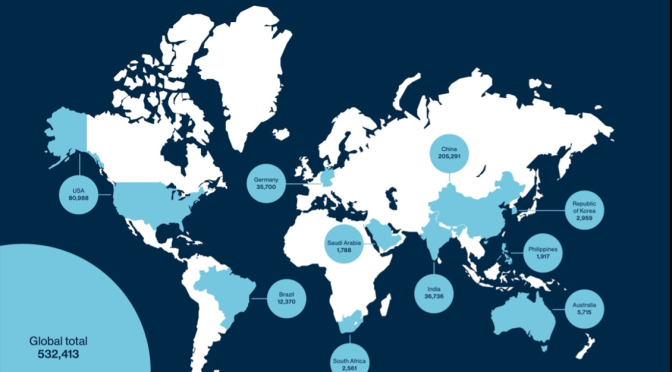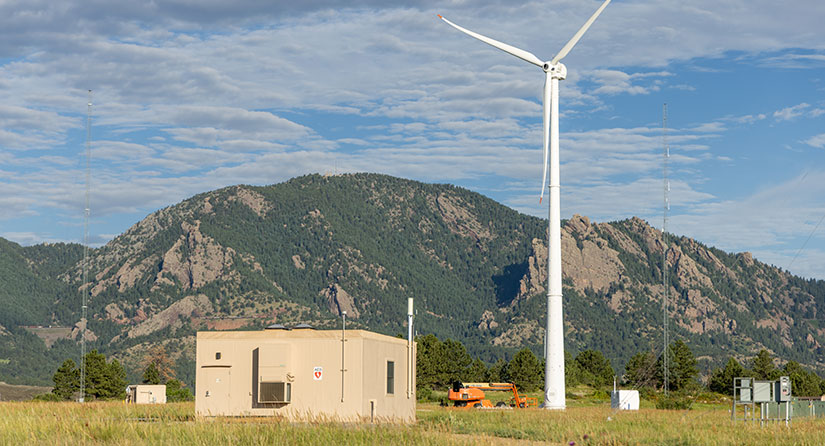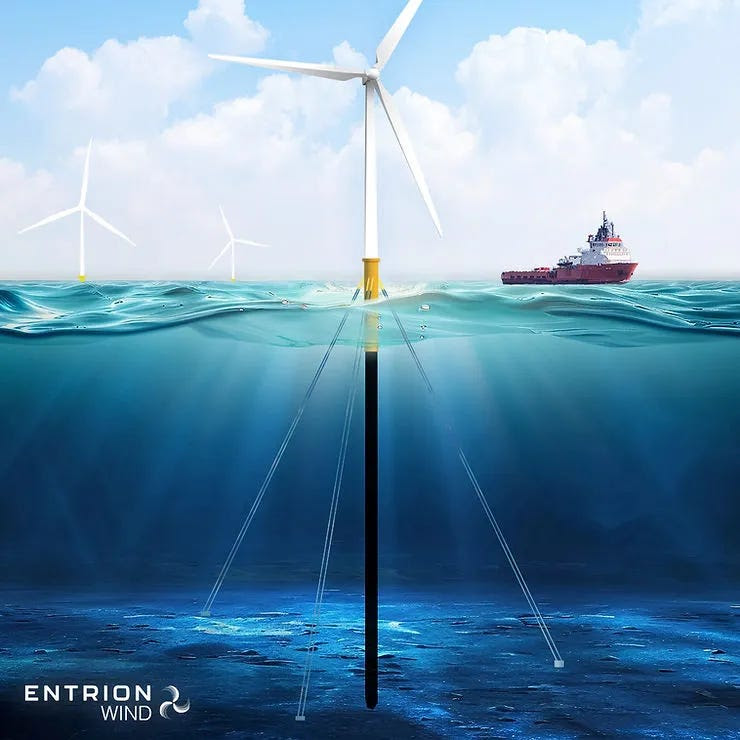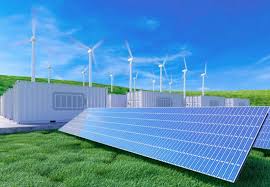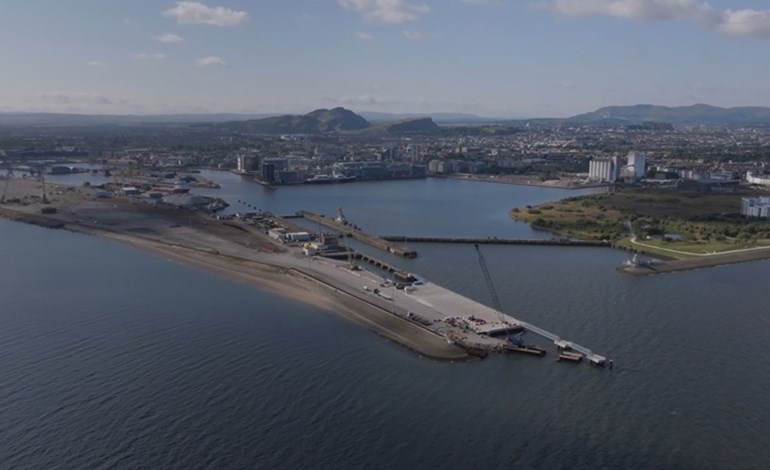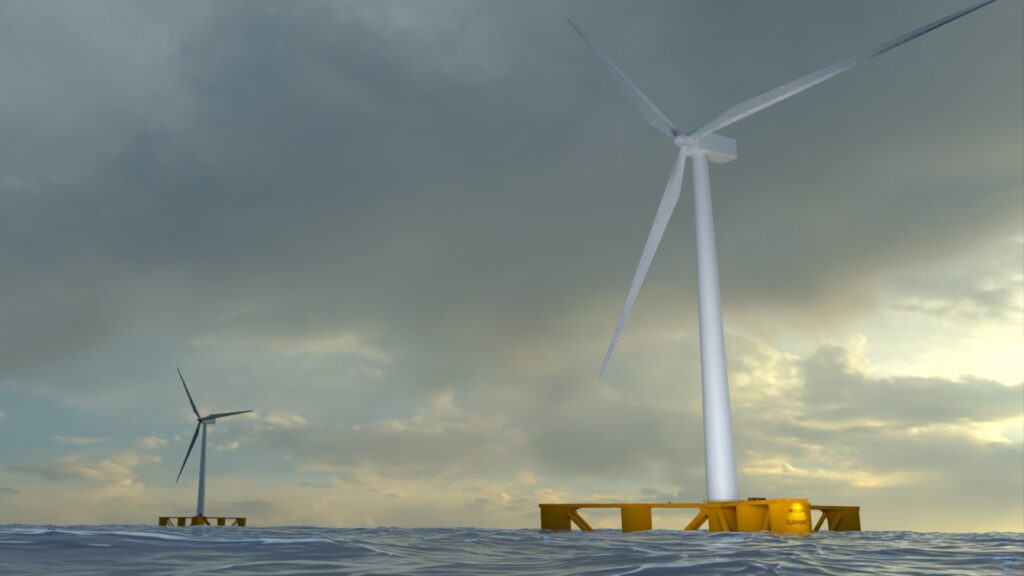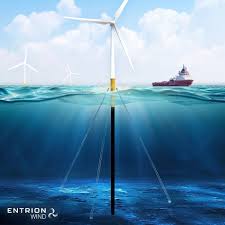The Australia-Asia Power Link project is ambitious in substance and scope. Below are the main points that make it stand out:
Transmission of 1.75 GW of photovoltaics: Solar photovoltaic energy will be transmitted through 4,300 kilometers of undersea cables, connecting Australia to Singapore.
Construction of a photovoltaic plant: A photovoltaic plant with the capacity to generate up to 10 gigawatts of energy will be installed in northern Australia.
800 km overhead transmission line: In addition to the submarine cable, there will be an overhead transmission line connecting Darwin station to the Indonesian border.
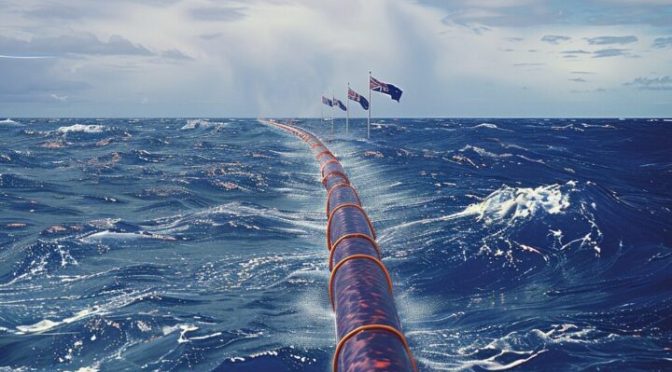
Energy Storage: The project also includes local storage capacity, with the aim of increasing the efficiency and reliability of the energy supply.
The environmental approval granted allows SunCable to begin installing the submarine cable from a station in Darwin, capital of Australia’s Northern Territory, to the border with Indonesia. Company director Cameron Garnsworthy emphasized that this approval is crucial to advancing the commercial, engineering and development activities of the project.
However, there are still important challenges ahead. SunCable needs to negotiate land use with local landowners, enter into agreements with other regulatory bodies and secure the necessary financial support for this ambitious venture.
Future plans for the project include expanding generation capacity to 20 gigawatts of solar PV and between 36 and 42 GWh of battery storage. This expansion will allow an even greater amount of photovoltaic energy to be transmitted efficiently and reliably. Electricity supplies to Singapore are expected to begin early in the next decade, marking a significant step towards global sustainability.
